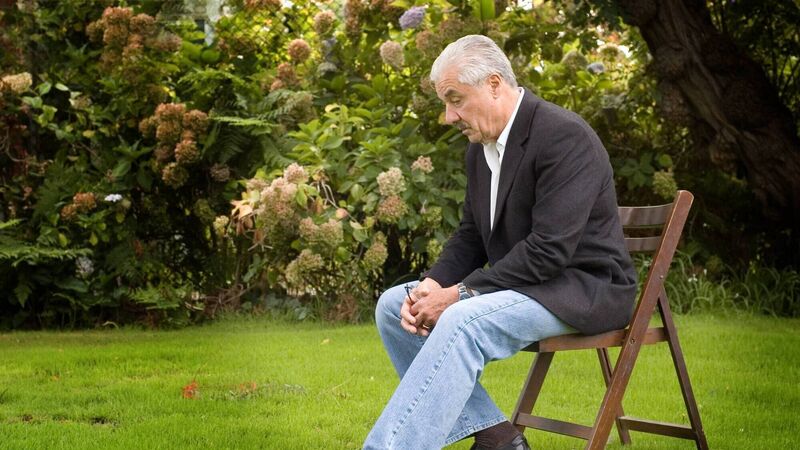Joyce Fegan: How do you count the cost of loneliness?

While individually we may feel powerless to slow climate change, end a pandemic, avoid a recession, or reverse the terminal illness of a loved one, loneliness is one thing we have the day-to-day ability to address and it is incumbent on us to do so.















